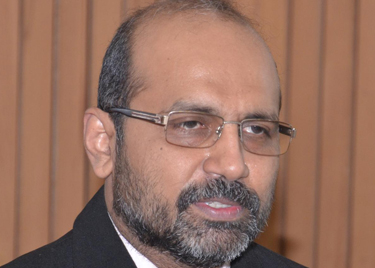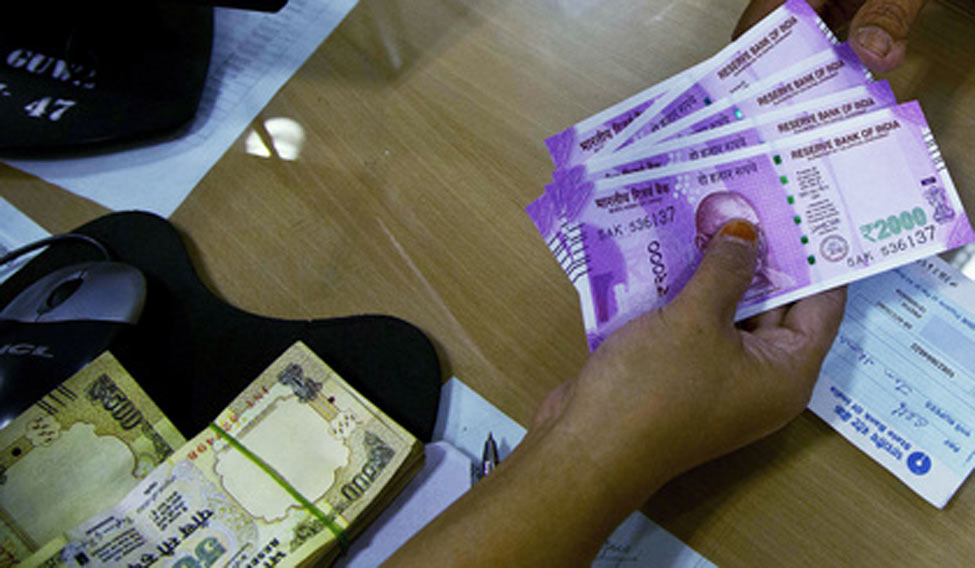Demonetisation is arguably the boldest step taken by the Modi government. It was adopted at considerable risk, but subsequent elections have repeatedly proved that the common masses of this country have, by and large, supported the measure. While standing in long queues in front of ATMs, it was usual to hear common men supporting the measure, despite their personal discomfort. The support primarily emanated from the perception that the process was intended to eliminate black money and had brought the rich and the poor on the same pedestal.
However, many analysts today argue that the whole process has been an abject failure. They contend that almost the entire money that was in circulation in higher denomination notes was deposited in the banks. More significantly, the resultant cash crunch slowed down the economy for the next few quarters. The criticism has been most severe from the political parties and the media, some of whom were the worst to get affected by demonetisation.
However, a careful analysis will indicate that the doomsayers are wrong and the whole process has brought in huge benefits—some of them already visible, others not so evident at this point of time. Although around 99 per cent of the high denomination notes have been deposited in banks, almost the entire fake Indian currency notes have gone out of circulation.
According to some estimates, over 20 per cent of the high denomination notes in circulation were fake, which not only led to inflation, but also provided funds for anti-national activities. Indian fake notes were the third largest currency being counterfeited in terms of numbers when demonetisation took place.
Most of these were being printed overseas by the Inter-Services Intelligence (ISI) of Pakistan. It had mastered the art to such an extent that of the 14 security features, 10 had been successfully duplicated, making it virtually impossible for an ordinary citizen to identify fake currency. ISI was using this money to fuel anti-India activities within the country. According to a report, ISI was annually earning $73 million by printing fake Indian currency. Demonetisation dealt a body blow to this activity of the ISI.
Consequently, there was a sharp reduction in acts of stone pelting and other anti-national activities in Jammu and Kashmir and other parts of the country. It is not that ISI has stopped counterfeiting notes—it continues to print fake 50 and 100 rupee notes, while crude attempts at counterfeiting new 500 and 2000 rupee notes have also been made. However, it will take many years to achieve the previous level of sophistication.
 Alok Bansal
Alok Bansal
Second, the assumption that any black money deposited in the bank has successfully evaded the taxmen’s dragnet is flawed. Many unscrupulous individuals in collusion with some corrupt bank officials did manage to convert their ill-gotten black money into new currency notes, but all the transactions of that period are still under the scanner and will take a few years before such crooks are brought to books. So, the presumption that entire black money has been converted is a bit premature. More significantly, the money deposited in the banks has come under tax scanner and all economic activities undertaken by it will generate taxable incomes. Consequently, both the number of tax payers and direct tax collections have gone up significantly and will further increase in days to come.
Moreover, demonetisation has pushed people towards using cashless means of transactions. Use of cards, cheques and other transaction tools has increased significantly. This has made financial transactions more transparent. There is no doubt that those criticising demonetisation are not seeing the wood for the trees. The real benefits of demonetisation will start accruing in days to come.
However, the government needs to consolidate the gains accrued, rather than diluting the impact. Towards this end, the push towards cashless economy must continue and high denomination notes must not become a permanent fixture of the economy. Cashless transactions must be incentivised and drive against black money must not be diluted. This will also reduce corruption to a great extent. Finally, all those guilty of illegally depositing money, especially the bank officials, must be given deterrent punishments.
Demonetisation is a boon for the country, whose real benefits will accrue in days to come.
(The author is Director, India Foundation. The views expressed are his own)





